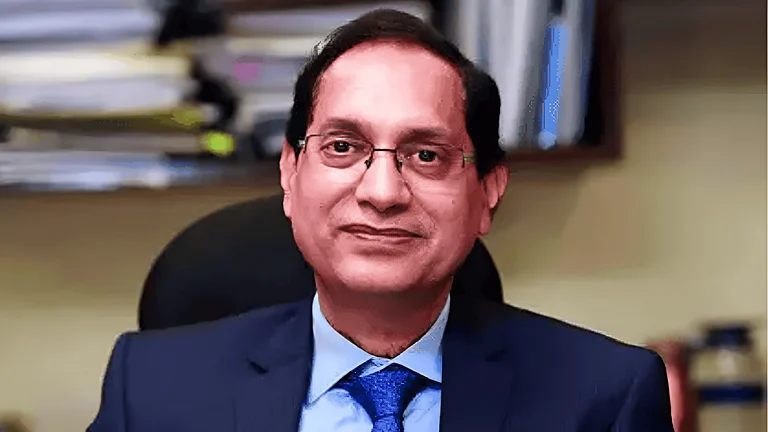There are rampant malpractices happening in the alternative investment funds industry and those are not stray incidents but are widespread, a senior Sebi official said on October 12, 2023 and urged the industry to set up a self-regulatory organisation.
The Alternative Investment Funds (AIF) space has grown more than ten times in the past five years to become a Rs 8.5 lakh crore-industry. Out of the total, Rs 3.5 lakh crore has already been invested and the rest is commitment from investors.
“Your association has to draft a code of conduct for yourselves. But before that you need to evolve... into an SRO (Self Regulatory Organisation) because our market intelligence and assessments have found that there are many malpractices happening in your industry but are passed on like normal activities or hidden from disclosures. And these aren't stray incidents but widespread," Sebi Whole Time Member Ananth Narayan G said at a summit organised by industry body CII here.
According to him, Sebi is at a loss when it comes to data availability on AIFs.
“What we get about your industry is only aggregate data which is why the rampant malpractices,” he pointed out.
Listing out the issues in the industry, Narayan said Sebi has found many instances of AIFs being used for evergreening of bad loans/assets instead of recognising it and use this route to get fresh funding.
Another bad practice is that AIFs are being used to route investments into existing companies which are in violation of the sectoral exposure caps/investment caps under the extant norms.
“We are open to allow you to draft a code of conduct listing out what all you can and cannot do. The proposed draft should clearly say what you will not do, such and such acts circumventing the extant regulations,” he said, adding that such a code should first set industry standards too.
Currently, Sebi norms for AIFs don’t allow junior tranches, he said but the regulator is even ready to allow it, provided the industry comes out with a code of conduct as the main regulatory objective is to make doing business easier and less painful. “Because we want to target only the bad guys among you and not the good boys,” he noted.
Generally, junior tranches refers to unsecured debt.
Further, he said the valuations are opaque, there is preferential treatment and lack of transparency in disclosures. However, these are issues faced by regulators globally and not just Sebi.
He said Sebi, which has been following a principle of co-creating regulations with the industry, is ready to offer such an option to AIFs as well saying, “we don’t want the industry to suffer as you are playing a critical role in funding.”














